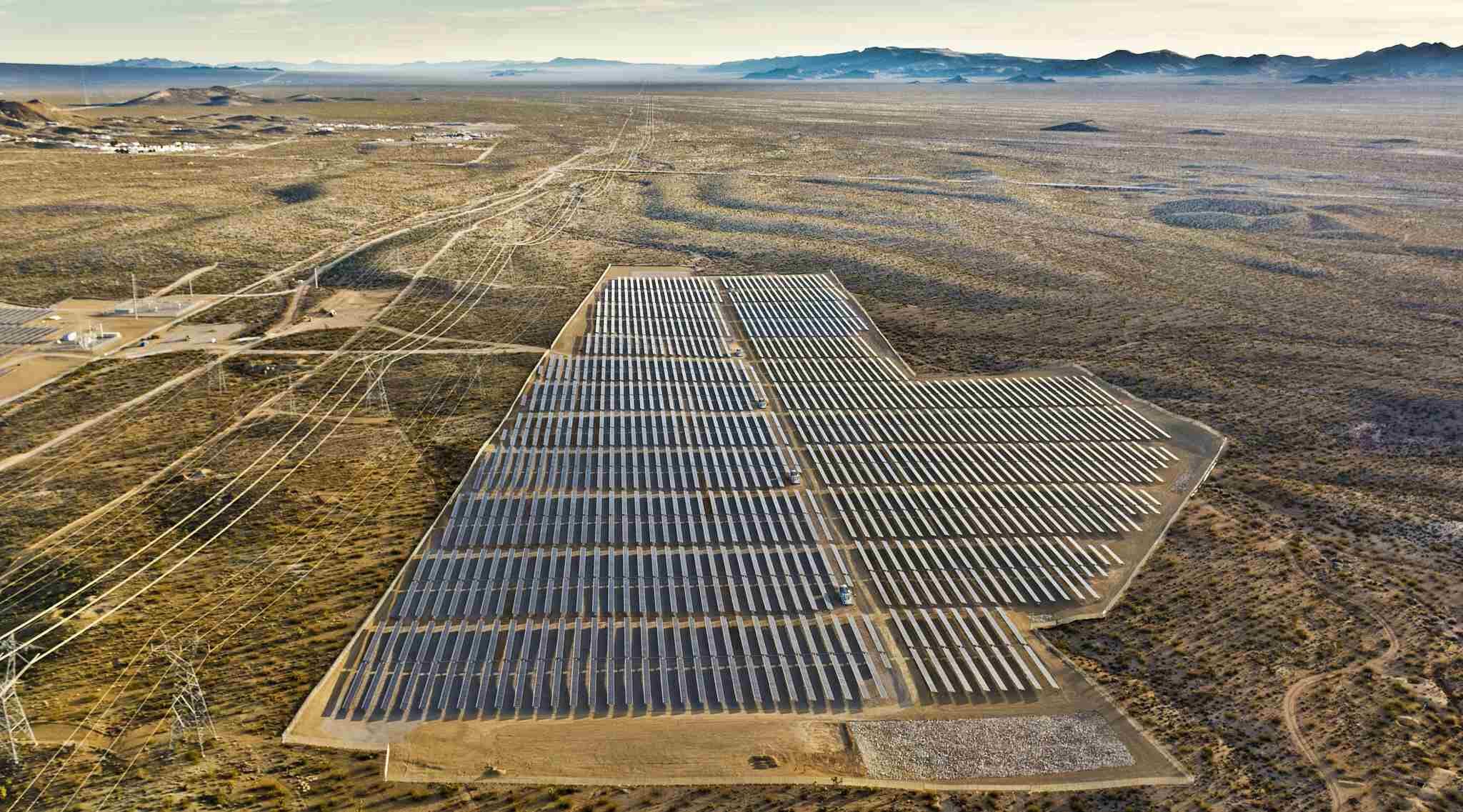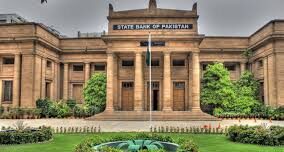KARACHI, November 22 2024: Pakistan is witnessing an unprecedented rush for solar energy, with the nation becoming the third-largest market for Chinese solar panels. Traders are bringing in huge volumes, with some importing up to 250 megawatts worth of panels every month, as demand skyrockets.
The cost of solar panels has dropped to such an extent that the frames needed for mounting them now cost more than the panels themselves. In some rural areas, like those in Kasur, farmers have taken to laying the panels directly on the ground instead of mounting them, further driving down installation costs. Muhammad Mujahid, a local solar expert, says, “The numbers are staggering.”
This year alone, approximately $1.7 billion worth of solar panels have been imported into Pakistan. If fully deployed, this could add up to 17 gigawatts of power generation capacity, more than a third of the country’s current total power generation capacity. This massive influx of solar equipment is not just limited to the energy sector. Real estate developers and electronics companies are also jumping on the bandwagon, flipping solar panels for profit. According to Usman Ahmad, CEO of solar distributor Nizam Energy Pvt., people are even pooling money to bring in large shipments of panels, reflecting the broad interest in solar energy.
For many farmers, like Mohammad Murtaza, the shift to solar power has been life-changing. A corn and potato grower, Murtaza has reduced his power bills by 80% after installing solar panels on his farm. “With the savings, I can now plant three crops a year instead of just two,” he says. Murtaza is not alone. In Kasur, a region known for its agriculture, almost every farmer has adopted solar power, abandoning expensive diesel generators and unreliable grid electricity.
Despite the surge in imports, it’s difficult to gauge exactly how many solar panels have been successfully installed due to a lack of official data. However, industry insiders report that the panels are being deployed across homes, factories, and farms, with a noticeable uptick in rural areas where energy access has been a long-standing issue.
The surge in solar panel adoption is leaving Pakistan’s power companies grappling with a permanent loss in demand and revenue. As the shift towards solar energy continues, experts warn that it could pose challenges to traditional utilities. The IMF has emphasized that one of the key objectives of Pakistan’s energy reforms should be to retain demand within the conventional power sector, which now faces increasing competition from renewable sources like solar power.
As Pakistan accelerates its transition to solar, the economic and environmental implications of this shift will shape the country’s energy future for years to come.



























































































































































































































































































